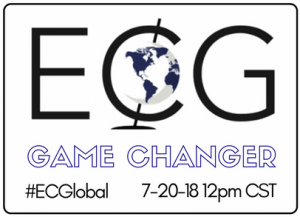I recently had the great privilege of interacting with a group of young women in a school in Nigeria. This was part of the Inspire a Child event with Flip Learn Kids, (@fliplearnkids). The event brought a wide range of speakers involved and interested in education:
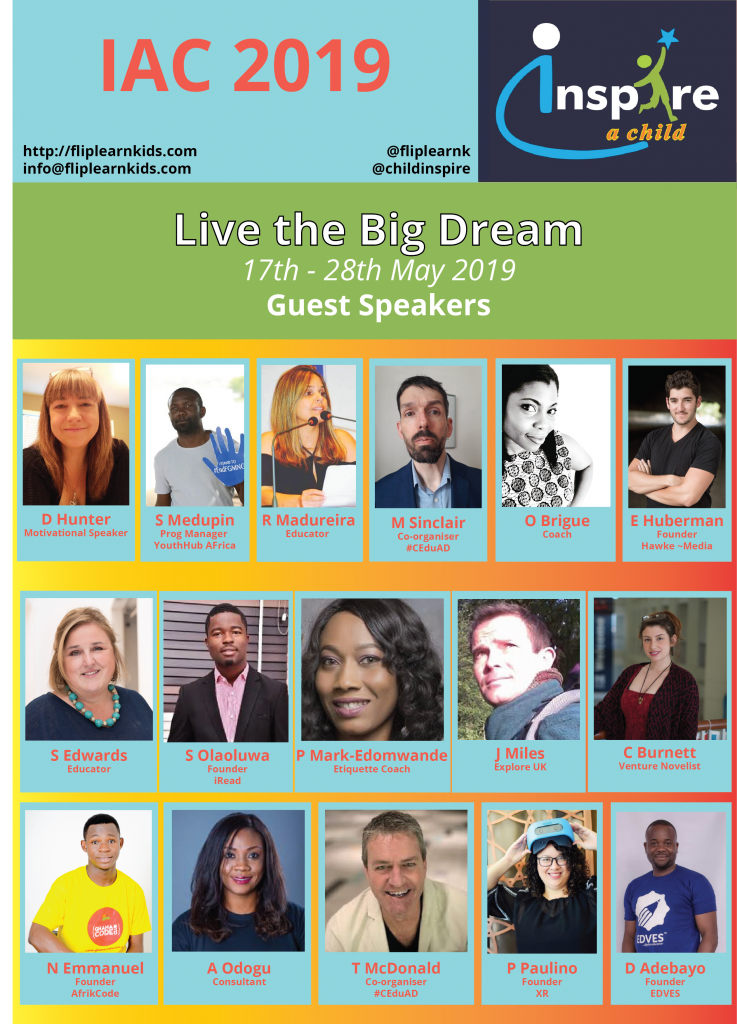
I had the distinct pleasure of speaking alongside Olawunmi Brigue, where we shared our journey through education to reach the point where we now are. We also discussed ideas related to how to:
- set goals and plan for success;
- react to difficulties as part of the learning journey;
- stay positive on the learning journey.
One of the best ideas that Olawunmi shared was, “When you hit a bump on the road, don’t pitch your tent there.” This resonated strongly with me because the easy option in life is often to stay the same. Even when you know that you are meant for more.
As a follow-up, I have been asked to offer my suggestions to a new group of questions, which I will do one at a time:
- My brother wants to join the military and I want to sing but our parents are against us. What do you advise?
- I think it is important to honour your parents’ wishes but it is also important to be who you are and express yourself. I suppose my advice would be to first sit down with your parents so that you can get their perspective on the situation; it may be that they have some life experiences that you do not have that may encourage you and your brother to change your mind. Additionally, taking the time to talk to your parents about your passion and talents may encourage them to see that their goals for you may not be the same as your goals for yourself and a compromise may be possible.
- What if my health doesn’t allow me to chase my big dream. Should I abandon it?
- Here is a video of a Canadian I met once, who did not let his health stop his dream. https://www.youtube.com/watch?v=IbSxUPoIIqM This is not your example, so I am not sure of the extent of your challenges. If you have a dream and have a strong passion for it, take small steps. It may be that over time you find that the health challenges are not such a big thing when you look back at all you have accomplished.
- If, however, you find that the health challenges are too great to achieve your goal, it is more than likely that you will have found a plethora of different pursuits on your journey that can inspire new dreams. This doesn’t mean that you have given up, rather that you have changed and so have your dreams. This is an OK thing.
- Sometimes in class, I feel that my teacher is wrong but I cannot do anything because he will be angry. Should I feel sorry for everybody so that they will not call me a wicked girl?
- First of all, if you are afraid of correcting your teacher because of their reaction, I feel sorry for your teacher. I believe that any teacher who thinks they are always correct and who is not open to learning with the students in a classroom is in the wrong profession. If you do not wish to publicly point out flaws in your teacher’s thinking, that is admirable, but if the teacher is wrong and you know it, you are doing a disservice to your teacher and your peers. One idea might be to speak with your teacher after a lesson, this will allow you to share your thoughts privately and, hopefully, your teacher will respond more sensibly. Additionally, you could write your teacher a note asking them to explain the answer or reason for what they taught: “Dear sir, in today’s lesson you taught us that (insert content here) could you explain why this is so for our next lesson? I did not fully understand it.” This is called tact, or diplomacy. It does not say that you think the teacher is wrong but it will encourage your teacher to think about what they have done. If they were correct, they can maybe teach it differently, if they were incorrect, they will hopefully share their error and thank the anonymous student. Win, win!
- I have many dreams. Can I achieve all of them? What if my friend has the same?
- My dad once said something to me in my younger years, that has stuck with me: ‘If you believe you will succeed or you believe you will fail, you’re right.’ It’s not his quote, but the idea is a good one to hold onto. Many dreams, all at once, is a lot to ask. Why not focus on one and then focus on the second… you might find that many of your dreams are related and that working on one supports the fulfillment of another.
- As for your friend, there’s another saying, that comes from Scotland, ‘Twa heids are better than yin,” which means two heads are better than one.
I work with a team of amazing people just now and our goal is to make a difference in education. The amazing thing is that none of us seeks to be more amazing than the other. It is through our cooperation and collaboration that we truly shine. Not to say that we are not great individually, we really are, but our collective awesomeness if what makes the team so fantastic. - Shout out to Vlatka, Cassie and Tim.
I want to say thank you for the opportunity to continue this relationship. I hope that some of my ideas help and work with what you are thinking. I will be creating a poster for the next phase in Inspire a Child’s work, this time in partnership with Ishk Skills Hub. I would welcome any other roles where I could support with this.
If you are an educator working with Flip Learn Kids or Inspire a Child, please take some time to check out Connected Educator Appreciation Day’s website, this organisation has monthly meetups where a panel discusses issues that are relevant to educators, no matter where you are based. The organisation is open to new members, writers and speakers. Funnily enough, I will be speaking at next week’s session.

Lastly, there is another event later this month, called EdChange Global. This event really got the ball rolling for me and I strongly recommend all in education take the time to check it out. The range of speakers and topics, over this 24-hour event, is truly hard to beat.
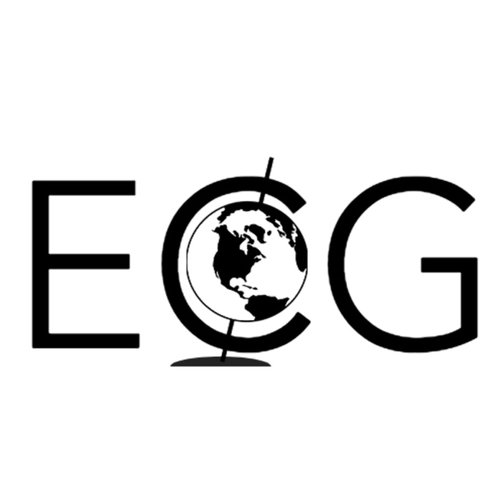
As always, feel free to submit a comment or click the links below to visit my other spaces on social media.
Thanks for reading.
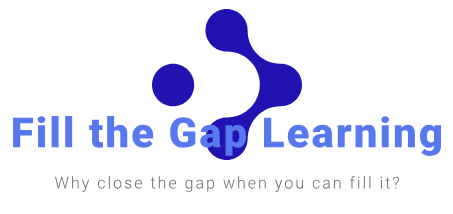
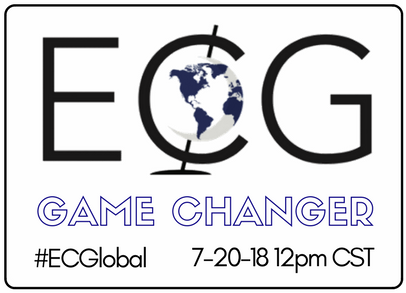
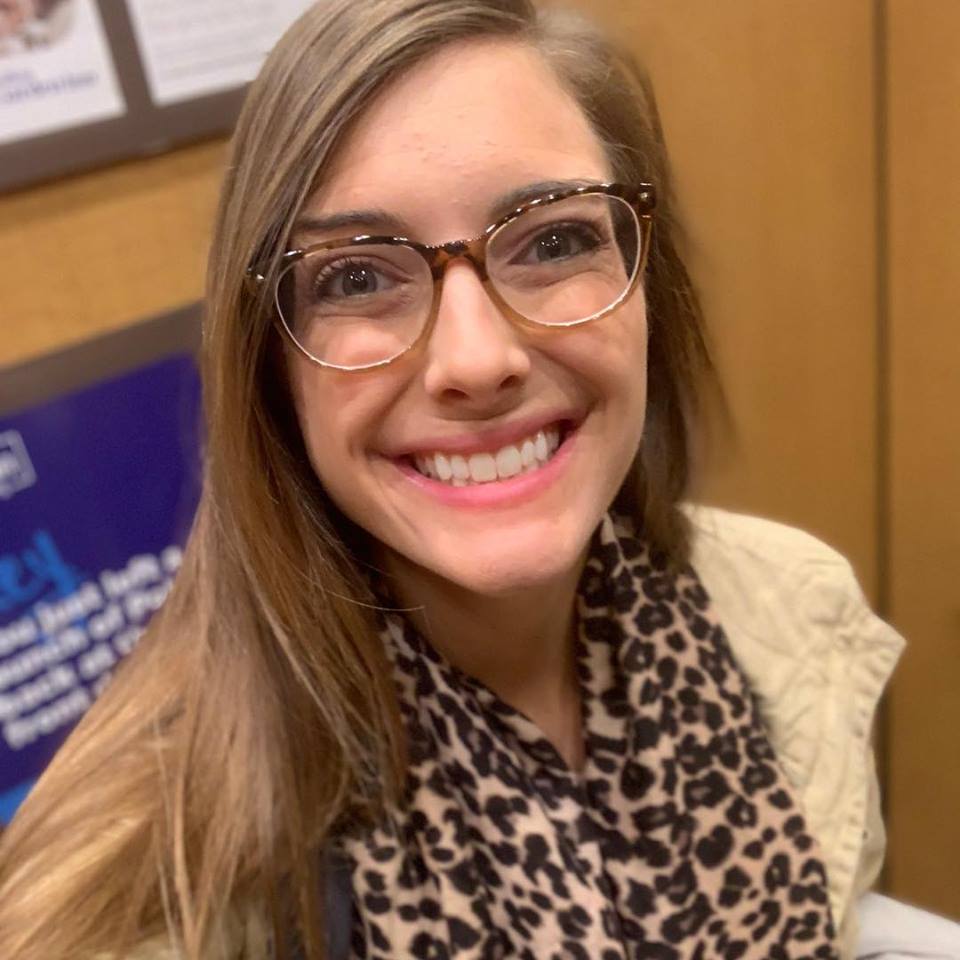



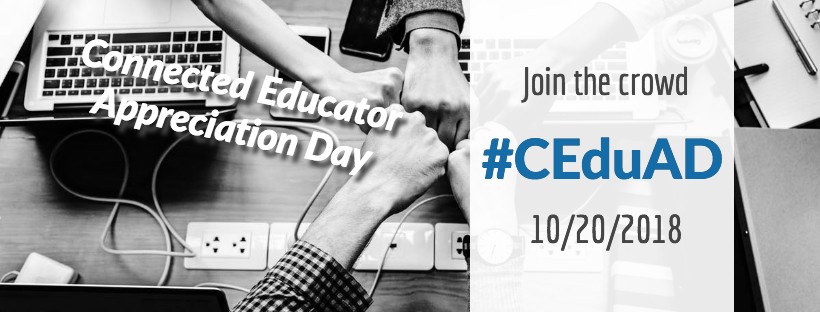
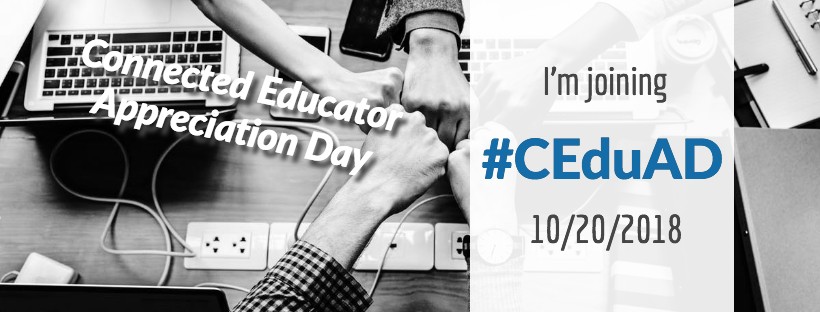

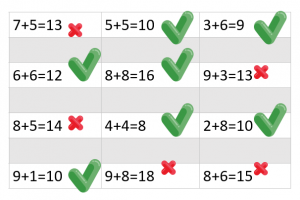
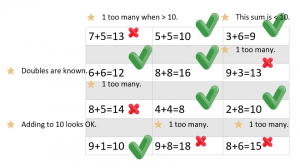
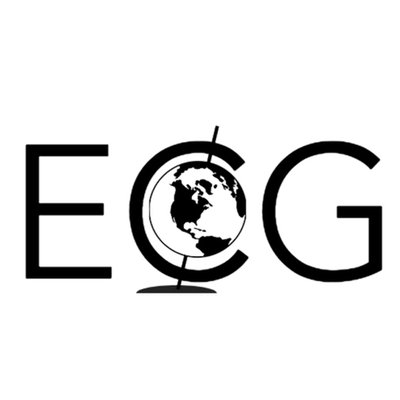 Wow, wow and wow!
Wow, wow and wow!